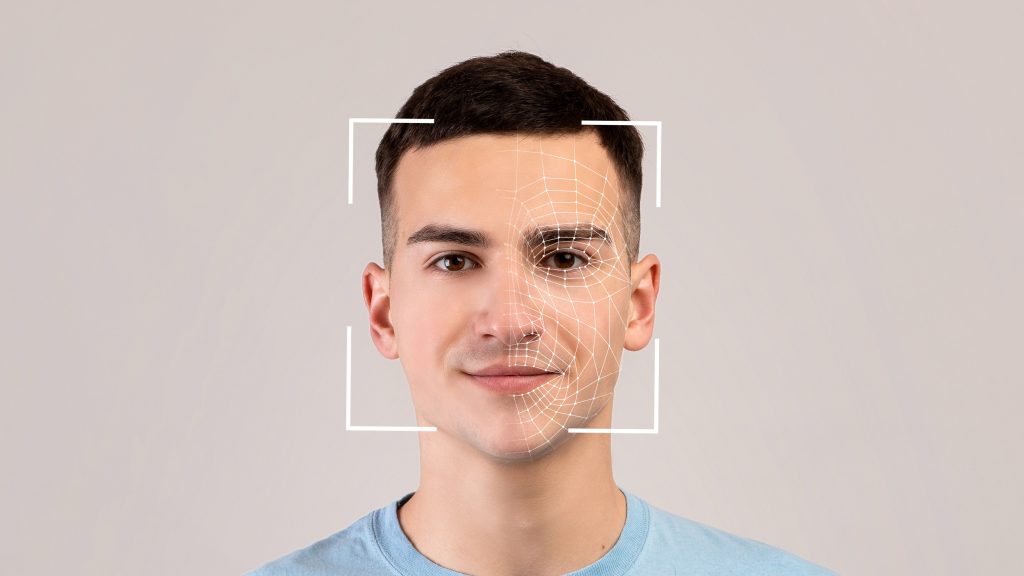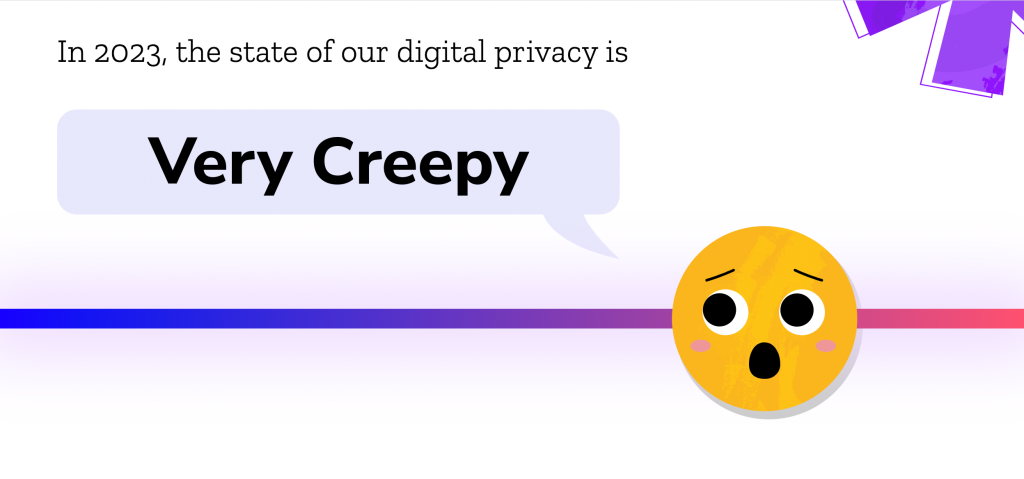A recent VPN usage survey commissioned by NordVPN found that over one-quarter of Canadians use VPNs.
As a country, Canada landed in the top five in terms of VPN awareness too. Nearly seven Canadians in ten have heard of VPNs. Other countries with above-average awareness include the U.S., United Kingdom, Hong Kong, Poland, Singapore, Taiwan, Spain, and Brazil.
Demographics of VPN Users
If you’re wondering what the typical VPN user looks like, I’ve got you covered. They’re more likely to be male and the largest age group is between 25 and 44 years old. This group leads the way in most other countries as well.
There are two big factors intersecting here: being old enough to have a budget for the extras in life and young enough to recognize the need for better online privacy. Millennials, Gen Xers, and Xennials are right in the sweet spot.
So, getting to the main topic, why are Canadians adopting VPNs faster than countries such as France, Italy, Japan, and South Korea?

What Canadians Say About Their VPN Usage
HelloSafe surveyed Canadians across the country about their VPN usage and there are some notable differences in their results compared to NordVPN’s findings.
First things first, here are the reasons Canadians said they use a VPN:
- To secure a Wi-Fi connection – 68%
- To enjoy content from other countries – 36.8%
- To hide an IP address – 31.5%
- To avoid censorship – 26.3%
Interestingly, they found that only one in ten Canadians use a VPN at least once a week. That’s a big difference from what the study for NordVPN found. However, how HelloSafe phrased the question pushed the figure down. How many people are aware enough of their VPN usage to give an accurate response?
Although general adoption is undoubtedly higher, HelloSafe’s study could indicate that Canadians are using VPNs with a purpose in mind. While there are plenty of reasons to have your VPN enabled all the time, it’s common for people to use their VPN only when they want to achieve a specific outcome.
Reasons Canadians Should Use a VPN
Now that we’ve looked at the responses Canadians gave about their VPN usage, let’s look at the benefits in detail.
1. Safeguard Your Data
Companies and Institutions want your data to make informed decisions. Data about customers and potential customers is a valuable resource to them.
When you use online services, data about your usage and behaviours become part of a massive data set. It often happens without the user’s knowledge and their ongoing consent. Rather, the details about data collection are buried somewhere in the companies’ terms of service or privacy policy.
Additionally, malicious users and cybercriminals are always looking for ways to gain personal information to aid in their agenda.
VPNs give you a powerful way to opt out of excessive data collection which is now the norm. It protects your identity online by hiding your IP address. This makes it difficult or impossible for others to pinpoint your device and your location.

2. Get Access to Geo-Restricted Content
It’s normal for Canadians to feel left out when their favourite TV shows and movies aren’t available on streaming apps. Harry Potter, Good Fellas, and Seven are just a few examples of classic movies that aren’t available on Netflix Canada.
Canadian subscribers typically get access to less content overall than Americans on streaming sites such as Netflix, Hulu, and Amazon Prime Video. It works the opposite way too as shows like The Office and Fargo are available for streaming in Canada but not in the U.S.
Websites and apps sometimes use geo-targeting to determine which content or content libraries to display to the user. It’s annoying when music in social media posts, videos on websites, news, etc. are blocked in specific countries.
VPNs replace your IP address with a different IP located in the country of your choice. This allows you to view content intended for people in any country in the world.
3. Make Public Wi-Fi Safe
Public Wi-Fi is notorious for its slow speeds and spotty stability, but it’s security that people should be most concerned about. A survey by All About Cookies found that one in four experienced a security issue from accessing the internet through unsecured networks.
It’s best to assume the Wi-Fi you use in restaurants, hotels, or at the airport isn’t secure. That means your private data, including login credentials associated with sites you visit, is being transmitted with no encryption and could be intercepted.
Any time you use a VPN, the data being transferred from the network to your device and back is protected with the highest level of encryption.

4. Protect Your Identity When Playing Online Games
Online gaming is huge, and while it’s incredibly fun to explore digital worlds, being connected with so many other players has its risks.
Gamers have to watch out for malware, account takeover, phishing attacks through messaging, data breaches, and many other threats.
Gaming platforms like Steam and PSN collect plenty of data about their customers. While you can drill down into the privacy settings and make changes, there are certain types of data collection you might not be able to opt out of.
VPNs make it impractical or impossible for malicious gamers, gaming platforms, and third parties to see the IP address of your PC or pinpoint your location.
Looking for the Best VPNs?
It’s getting more common to see VPNs packaged with other software and services such as comprehensive online security suites. However, there’s power in choosing the best VPN for you rather than settling for solutions that try to do everything.
If you’ve never used a VPN before or are looking for a new one, have a look at LetMeBy’s top 3 VPNs.

Conclusion
There’s been a big boost in awareness and usage of VPNs. At this point, most people have heard of VPNs and they have a rough idea of what they do. Canadians are pushing forward and taking control of their destiny online.
Still, we’re in the early days in terms of leveraging privacy enhancement tools like VPNs. Canadians are using VPNs to achieve their goals but if the data from HelloSafe is accurate, most haven’t jumped in with both feet yet.





















